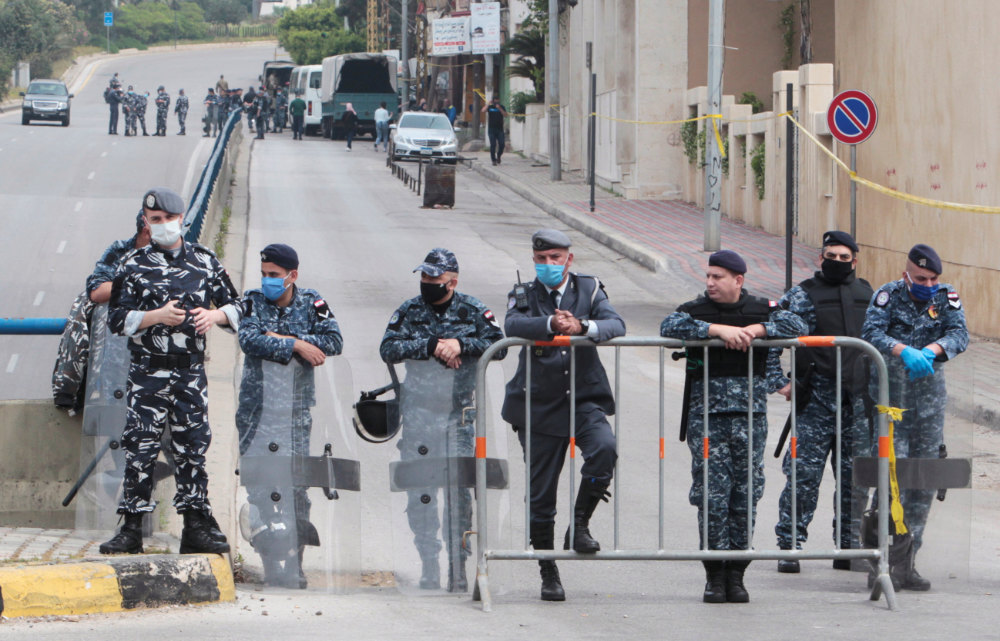RAMALLAH: Palestinian women in the West Bank and citizens of Israel have achieved tangible and remarkable success in recent years — it is easy to see them assuming positions such as deputy foreign minister, governor of a large city, minister, ambassador, judge, company director, or high-ranking officer in the security services.
However, these achievements do not necessarily reflect society’s conviction over women’s roles, efficiency, status, or equality with men.
Activist Rula Salameh, for one, is dissatisfied with the situation of Palestinian women.
She told Arab News that Palestinian women have not obtained their rights despite engagement in the struggle alongside men against the Israeli occupation, and that their lot does not reflect the fact they make up half of society.
“Women reach high positions in two ways; if the political party to which she belongs is strong and connects her, or if she has highly influential relatives, they may make her occupy a senior position,” Salameh, from East Jerusalem, said. “However, if she does not belong to a strong political faction and does not have influential relatives, she will not get high positions.”
Statistics indicate that the percentage of educated women exceeds the percentage of educated men among Palestinians, yet men continue to hold critical senior positions.
Salameh is also angry at female leaders within the community, as she says many refuse to leave positions of power when they attain them for younger female leaders when the time is right, while several occupy multiple senior positions concurrently, which does not allow for others to progress.
Palestinian women’s organizations also struggle with all manner of gender-based issues in society, not least efforts to enact deterrent laws against so-called honor killings. The disruption of the Palestinian Legislative Council means that no real progress is being made on this issue.
Ghassan Khattib, vice president of Birzeit University, believes that the situation of Palestinian women is worse than those of their counterparts in other Arab countries, and says the main approach to strengthening their position is economic independence and increased participation in the labor market, which enhances their position within their family and society.
Currently, Palestinian women involved in the labor market number around just 19 percent of their total.
“Without women being economically independent, it is difficult for them to have a role, status and weight in decision-making and contribute to public life,” said Khattib. “How many women directors of companies (are there) and how many university presidents? Society marginalizes women for cultural reasons because it is a patriarchal society.
“The best way to enhance women’s status in Palestinian society is an increase in education and greater involvement in the labor market,” he said.
Safa Hassaneh, an activist, told Arab News that Palestinian women whose husbands are arrested or killed found themselves forced to bear great family responsibility.
Hassaneh agrees with Salameh that laws do not do justice to women, and women must struggle to improve their social position and obtain representation.
Alia Sobh, another activist from Bethlehem, believes that despite the involvement of Palestinian women in many aspects of society, their position is still weak, referring to the first round of municipal elections that were held in the West Bank last December, when some female candidates for municipal council seats were unable to place their pictures on the electoral campaign posters, and instead had pictures of a rose because their husband forbade them from sharing their images.
In some families and regions, women’s names are indicated on wedding invitation cards without mentioning their full name.
Sobh says that political parties’ control over women’s unions is an obstacle to enacting laws that do justice to women and advance them in society.
Meanwhile, the situation of Palestinian women living in Israel seems a little different from that in the West Bank, as activist Samah Diab from Tamra in Galilee told Arab News that women’s associations raise their voices against the Israeli government.
“Women can change better than men because we do not deal with figures, but rather overcome the human side so that we can bring real and actual change; the Arab woman in Israel has made progress, but she aspires to achieve more,” Diab said.
Maqbola Nassar from Arrabeh in Galilee told Arab News that the adoption of the doctrine of survival by Arab women inside Israel has led to their achievement of multiple successes, noting that 60 percent of Arab university students are women, as Arab women consider education a vital strategy to reach their goals, and that women have succeeded in reducing the phenomenon of early marriage and polygamy.




